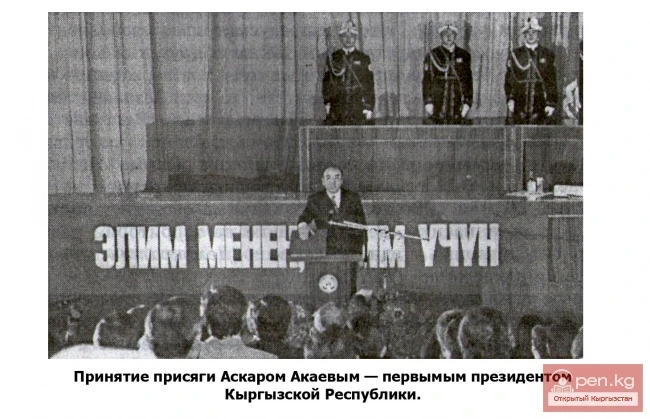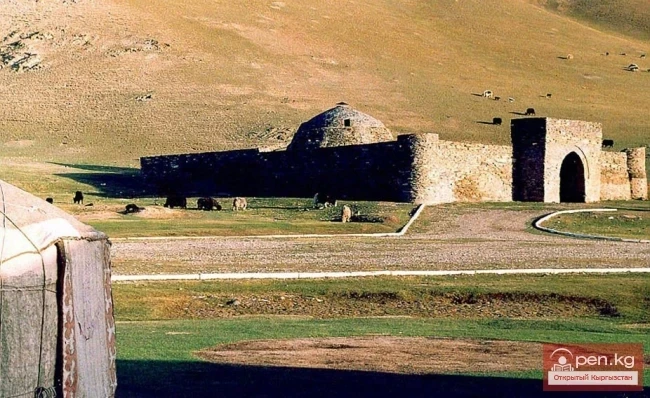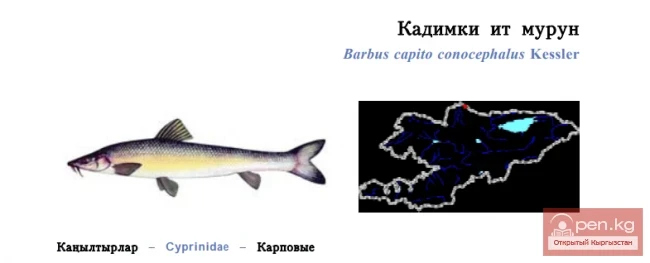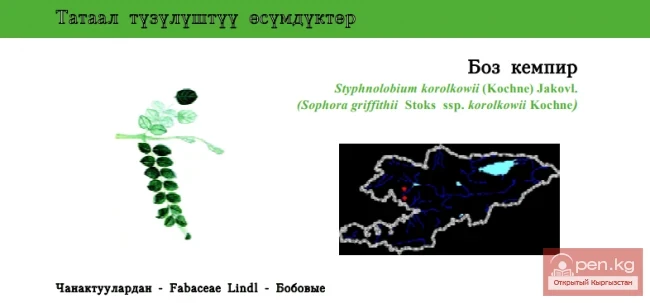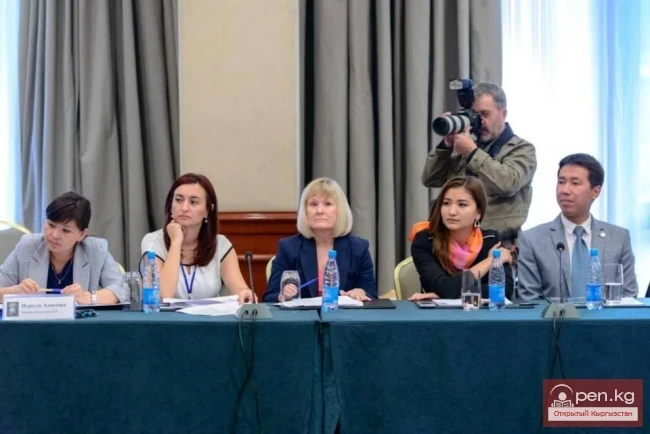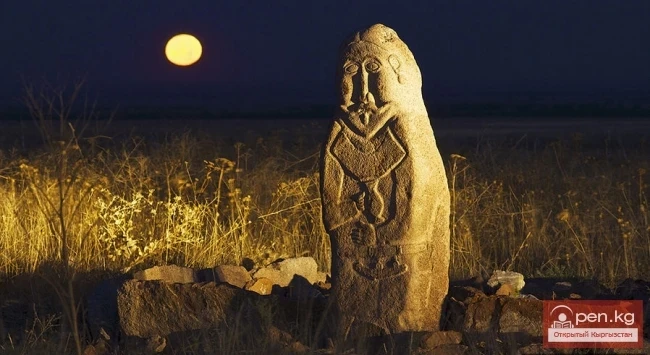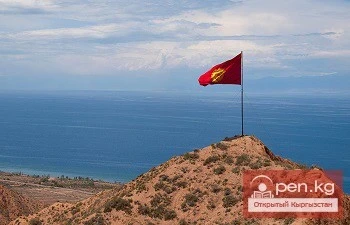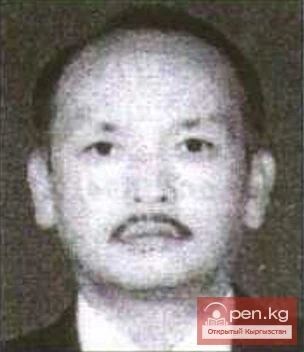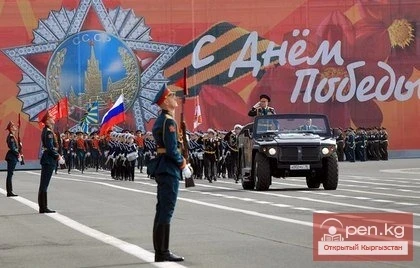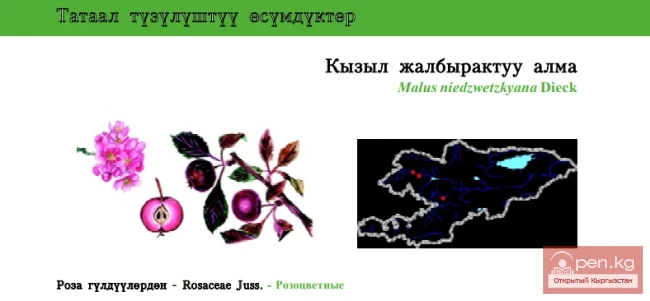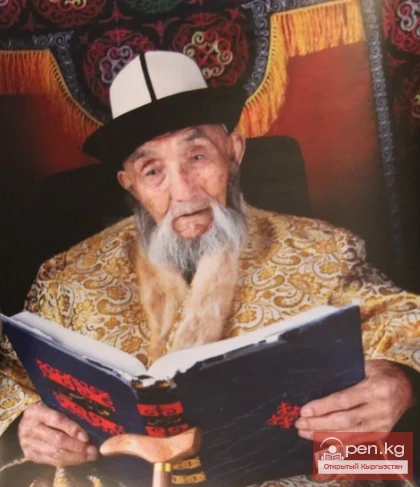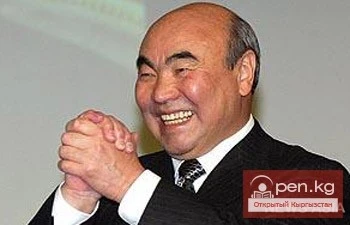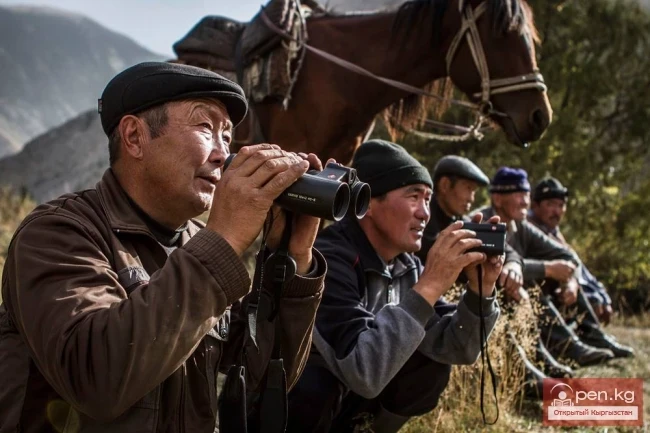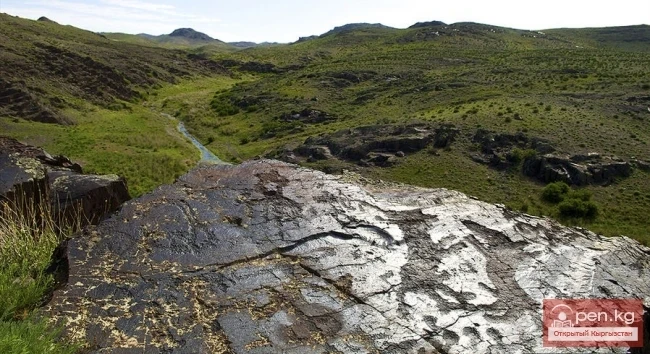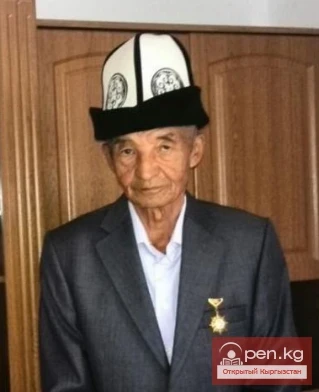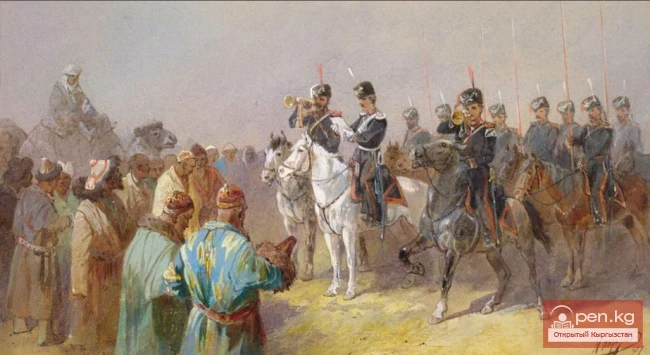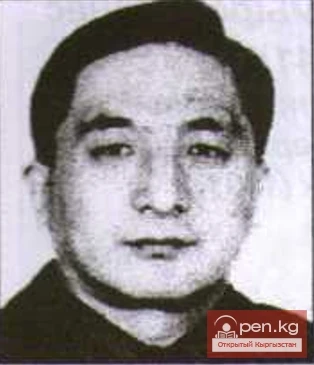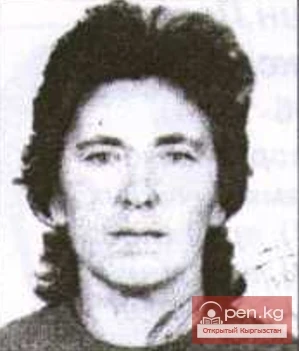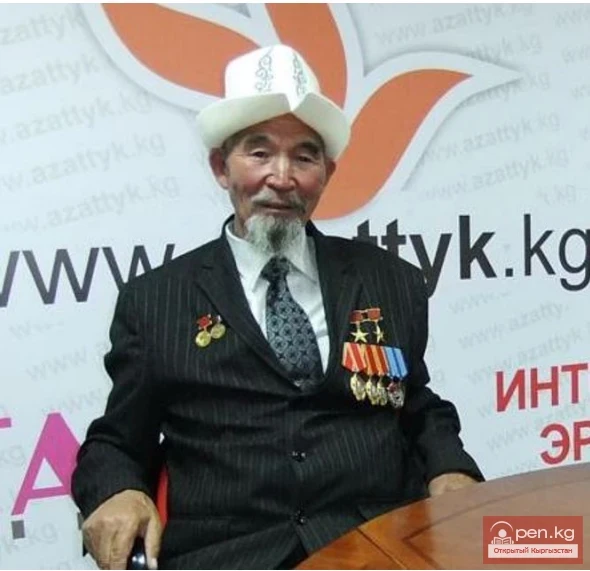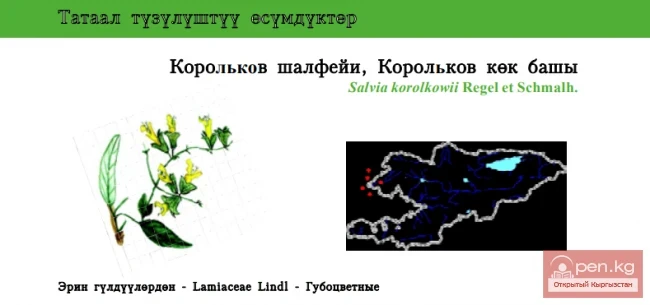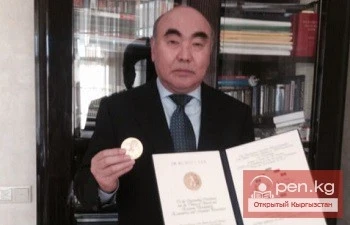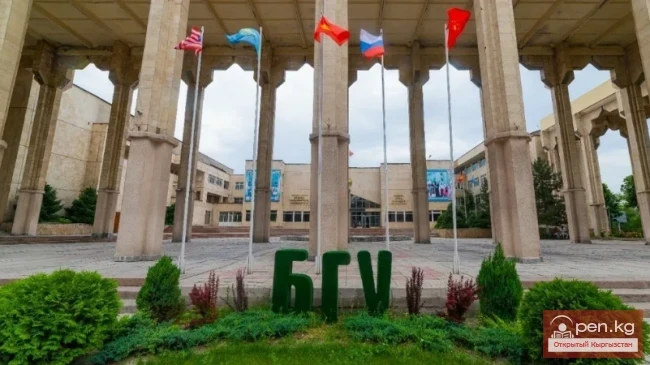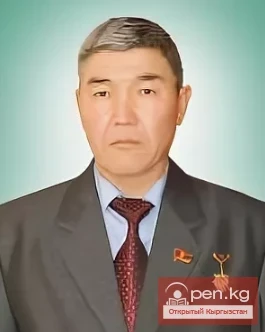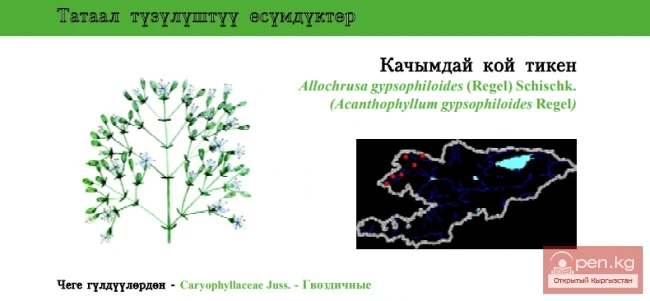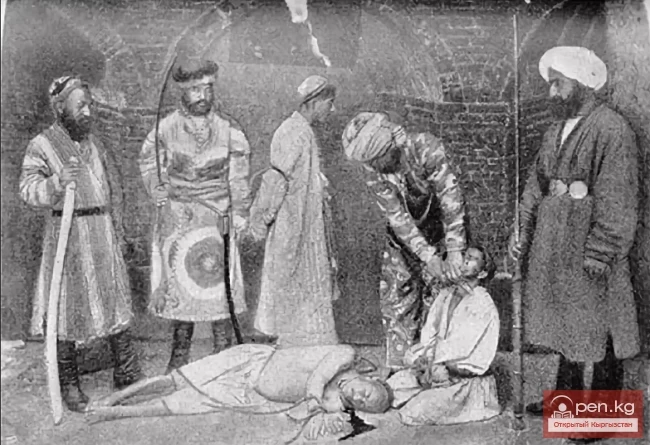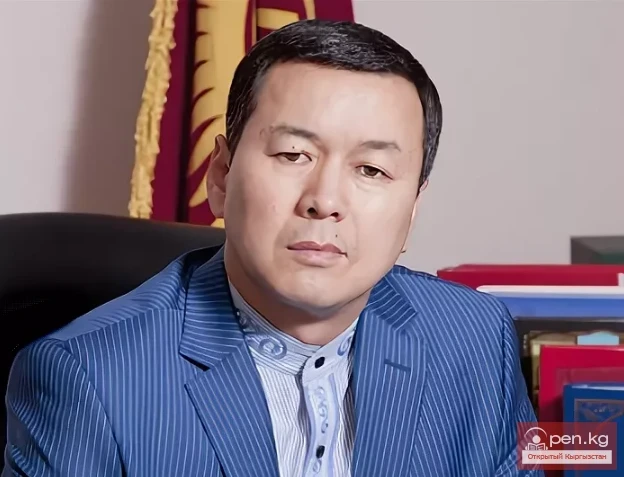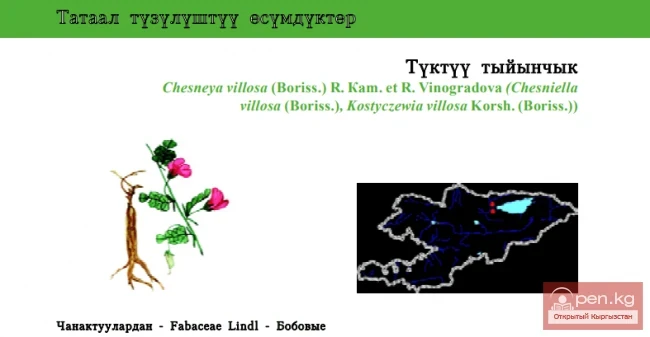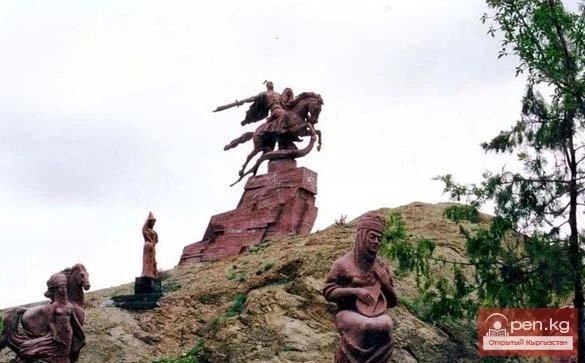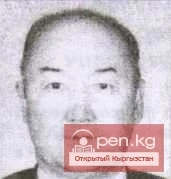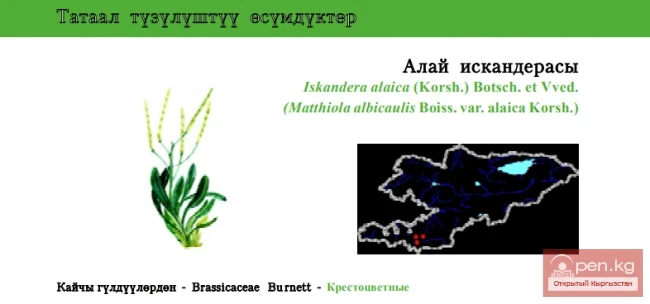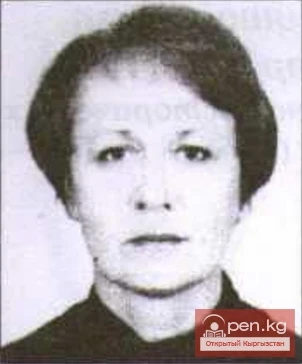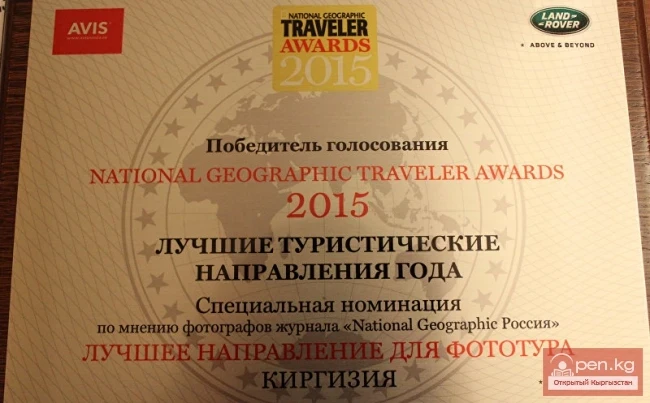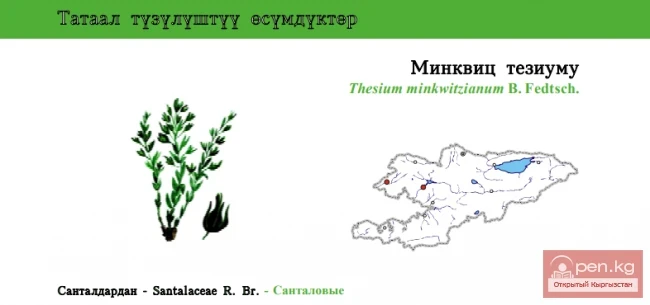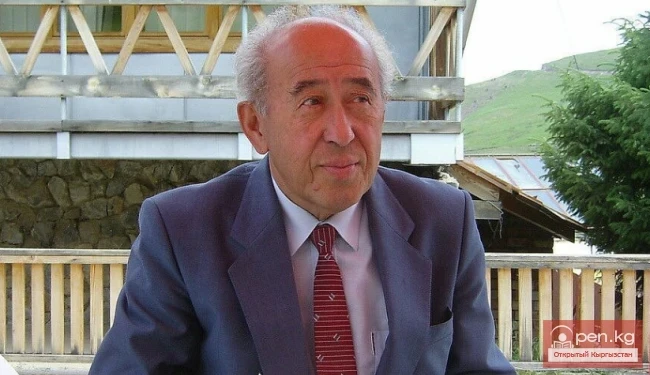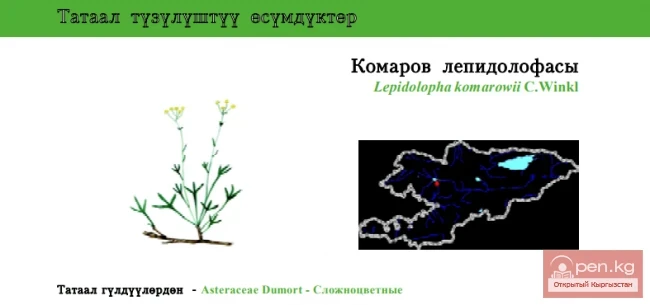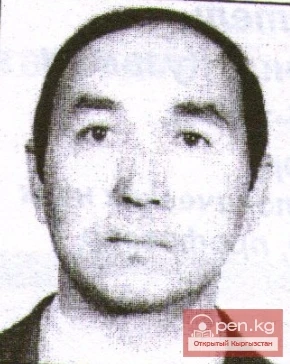As part of the Soviet Union, Kyrgyzstan went through a complex path to gain independence. However, as an independent republic, it still did not have full freedom, for example, in addressing political, economic, national, and other issues. Kyrgyzstan could not independently establish diplomatic relations with other countries, nor could it manage its natural resources independently. Even for the construction of an enterprise of significant importance, the republic required permission from Moscow. The center strictly controlled the actions of the republics, and their leaders, appointed by the Central Committee of the Communist Party of the USSR, unconditionally and without question followed the directives from the center.
The policy of perestroika that began in April 1985 inspired the republics, giving them the opportunity to openly raise the issue of freedom. The first to raise the question of separation were the Baltic republics: Latvia, Lithuania, and Estonia.
Informal associations were formed there, demanding the abolition of the communist party regime. These ideas found understanding and support among some progressive-minded communists, scholars, representatives of the intelligentsia, and people's deputies of the USSR. Among them were deputies from Kyrgyzstan, Chingiz Aitmatov and Askar Akayev.
The "Ashar" Movement (1989). In Kyrgyzstan, the movement for democracy and freedom primarily manifested itself as a struggle for the right to be masters of their own land. Why? Starting from the 1960s, there was an increasing influx of Kyrgyz youth into the cities. However, they faced a severe housing problem. This was especially difficult for those who settled in Bishkek and Osh. They could not stand in line for an apartment because many of them did not have permanent registration. Requests for land plots for housing construction were met with complete indifference and apathy from the authorities and officials. “Why can’t we build a house on our own land? What about our children? Will they also live as tenants in their own homeland?” — these questions stirred the youth but remained unanswered.
From April to June 1989, there began an unauthorized seizure of land around Bishkek. The authorities took measures. To protect their interests and rights, Kyrgyz youth united in a socio-political movement called "Ashar" ("Help"). The authorities intensified persecution, and the impatient young people took to the streets for rallies. The demands of the "ashar" activists were supported by the progressive part of the intelligentsia of the republic. Thus, a political force emerged in Kyrgyzstan that opposed the communist regime. And it won its first battle.
The Law on the Kyrgyz Language. The democratization of society and openness during the years of perestroika strengthened people's national consciousness and sharply raised questions about the development and preservation of the national language and the historical and cultural heritage of the peoples.
There were all grounds for this. In the last years of Soviet power, the Kyrgyz language effectively ceased to be the state language. In Bishkek, there were only a few kindergartens and schools with Kyrgyz as the language of instruction and upbringing. The Kyrgyz language was not used in institutions and governing bodies, nor in state-level events. Therefore, the movement advocating for the development of the Kyrgyz language and for granting it the status of a state language gained immense momentum. For every Kyrgyz, this issue was essentially associated with the future fate of the Kyrgyz nation.
On September 23, 1989, fulfilling the will of the people, the deputies of the Supreme Council of the Kyrgyz SSR adopted the Law "On the State Language", which provided for the free development of not only the state language but also other languages of the republic. This was another success on the path to the affirmation of the sovereignty of the Kyrgyz people, that is, independence.
Kyrgyzstan - A Democratic Country
The Democratic Movement in Kyrgyzstan. In early 1990, actions against the communist party regime intensified in Kyrgyzstan. Despite the persecution by the authorities, illegal political organizations were being formed. On May 26, 1990, 24 different socio-political organizations operating in the republic united in a single alliance — the "Democratic Movement of Kyrgyzstan" (DMK).
The new movement set the goal of making Kyrgyzstan a democratic country. However, these aspirations constantly faced opposition from party-state officials. Moreover, the authorities at that time placed the blame for the tragic events that began on June 4, 1990, in Osh on the leaders of the movement. As it later turned out, the culprits of the conflict between the Osh Kyrgyz and Uzbeks were local administrators.
So what really happened? The Kyrgyz youth living in Osh, just like the youth in Bishkek, appealed to the authorities with a request for land for housing construction. The regional leaders did not make any decisions. Only when the youth's demands intensified and they began to rally did they start allocating plots. Moreover, in areas of the city where the Uzbek diaspora lived. Bloody clashes occurred between representatives of the two nations. Moscow intervened, and troops were deployed to the city. Popular wisdom says: time heals. Fortunately, this was the case this time as well. Over time, people resolved the dispute and reached an agreement. The attempt to suppress and "bring to reason" the democratic movement made by the authorities did not yield results.
The Election of the First President — A Victory for Democracy. In October 1990, participants in the democratic movement decided to declare a political hunger strike, demanding the resignation of the leader of the communists, the chairman of the Supreme Council of the Kyrgyz SSR, A. Masaliev. They were supported by 114 deputies of the Supreme Council. On October 22, the day before the 11th session of the Supreme Council, several people declared a political hunger strike. However, the authorities made one last attempt: they nominated A. Masaliev as a candidate for the presidency of the republic.
The attempt ended in failure. The majority of deputies supported the representative of the democratic forces — 46-year-old academician Askar Akayev. Thus, on October 27, 1990, the first President of Kyrgyzstan was elected on an alternative basis — Askar Akayev.
With Askar Akayev coming to power, the political situation in Kyrgyzstan began to improve. The country embarked on a democratic path of development. In November, the Kyrgyz SSR rid itself of the last formal signs of an authoritarian regime — the definitions "Soviet" and "Socialist" in the name of the country. From then on, it was called the Kyrgyz Republic.
On December 15, 1990, the Supreme Council of the Kyrgyz Republic adopted the Declaration of Independence of the Kyrgyz Republic. Kyrgyzstan declared itself an independent state within the USSR. Conditions were created in the country for the emergence of a multi-party system, and the persecution of socio-political organizations aiming to implement democratic changes ceased. On February 5, 1991, the capital of the republic, Frunze, was returned to its historical name — Bishkek.
Kyrgyzstan entered history as the first state among the republics of Central Asia to embark on the path of democratic development.
